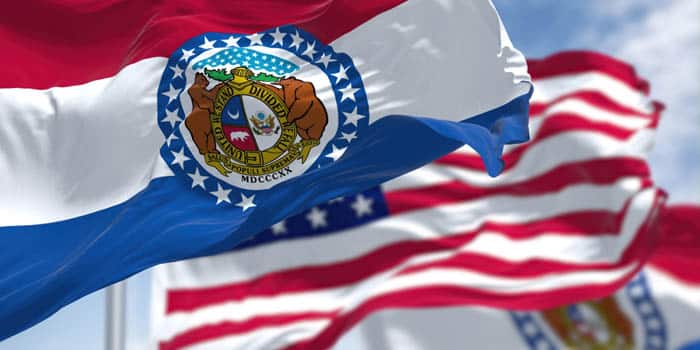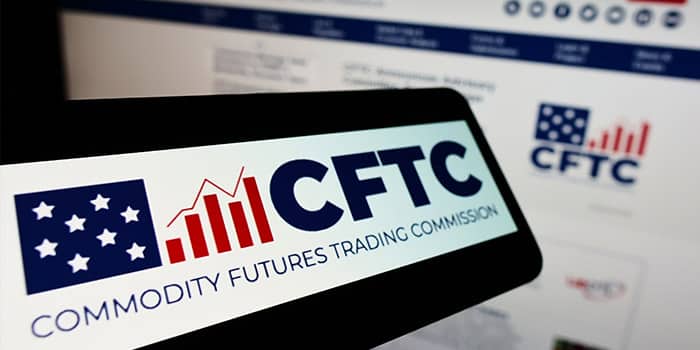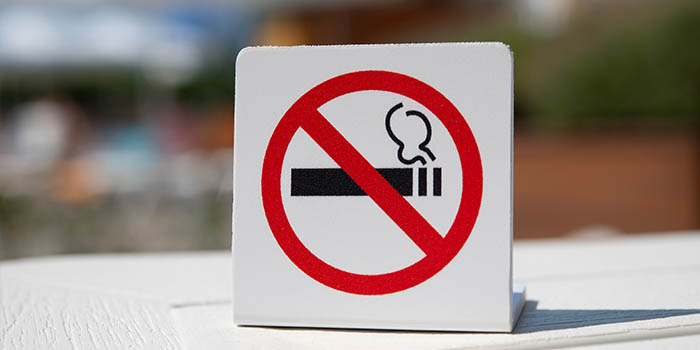- Casino
- By State
- Alabama
- Alaska
- Arizona
- Arkansas
- California
- Colorado
- Connecticut
- Delaware
- Georgia
- Florida
- Hawaii
- Idaho
- Illinois
- Indiana
- Iowa
- Kansas
- Kentucky
- Louisiana
- Maine
- Massachusetts
- Maryland
- Michigan
- Minnesota
- Mississippi
- Missouri
- Montana
- Nebraska
- Nevada
- New Hampshire
- New Jersey
- New Mexico
- New York
- North Carolina
- North Dakota
- Ohio
- Oklahoma
- Oregon
- Pennsylvania
- Rhode Island
- South Carolina
- South Dakota
- Tennessee
- Texas
- Utah
- Vermont
- Virginia
- Washington
- West Virginia
- Wisconsin
- Wyoming
- By State
- Slots
- Poker
- Sports
- Esports
Missouri Pro-Betting Campaign Has Collected 300K Signatures
Winning for Missouri Education is backed by Missouri’s six professional sports franchises, which helped it collect the signatures

Winning for Missouri Education, a campaign that seeks to legalize sports betting and generate more taxes for schools in the state, has reached a significant milestone. According to a spokesperson, the campaign has now collected over 300,000 signatures, nearing its goal.
The campaign still has a month before its official deadline.
Winning for Missouri Education is backed by Missouri’s six professional sports franchises, which helped it collect the signatures. Teams such as the Kansas City Royals and the Kansas City Chiefs have been staunch supporters of the legalization of betting in the state.
The campaigners are now trying to collect double the amount of required signatures to demonstrate the intensity of support for wagering. For context, the campaign seeks to collect at least 325,000 signatures. The signatures will later be verified and, if sufficient, could send the sports betting measure to the November ballot.
The Program Would Generate Funds for Education
As mentioned, proponents also say that the launch of wagering would generate funds for Missouri schools, bolstering education in the state.
Jack Cardetti, spokesperson for Winning For Missouri Education, explained that the state is missing out on crucial funds. According to him, thousands of people in the state are already betting by either traveling to another state or playing with an offshore betting account.
If these players are playing with legal operators and paying taxes, Cardetti argues, Missouri stands to win a lot.
Many lawmakers agree that it is high time Missouri launches legal betting. Considering how many states already offer legal wagering, many believe that Missouri shouldn’t miss out on the economic opportunities offered by the wagering industry.
Warrensburg Senator Denny Hoskins, however, remains opposed to the measure as he fears that the legalization of sports betting might lead to more problem gamblers. His latest concern is the funding set aside for combating gambling harm. According to Hoskin, the sports teams call only for $5 million in funding for compulsive gambling treatment, which is not enough.
In other Missouri-related news, in February, Missouri State Treasurer Vivek Malek reinforced his stance regarding the presence of his name on decals affixed to unregulated slot machines distributed by Torch Electronics. Despite criticism, the treasurer remained firm that the decals were there to stay.
Related Topics:
Although Fiona doesn't have a long-spanning background within the gambling industry, she is an incredibly skilled journalist who has built a strong interest in the constantly growing iGaming network. The team at Gambling News is glad to have her on our roster to help deliver the best stories as soon as they hit. Aside from writing, she loves to dabble in online casino games such as slots and roulette, both for her own enjoyment and also as research to better improve her understanding of the industry.
Previous Article

Sports
April 18, 2024
Indiana Pacers vs. Milwaukee Bucks 2024 NBA Playoffs Odds, Time, and Prediction

Must Read
More Articles




Casino
April 18, 2025
Florida HB Seeking to Upgrade Illegal Gambling Punishments

Legal
April 17, 2025
Appeal to Keep Evolution’s Accuser Anonymous Denied

Lottery
April 17, 2025
CTLC Says Its Members Didn’t Violate the Texas Law













